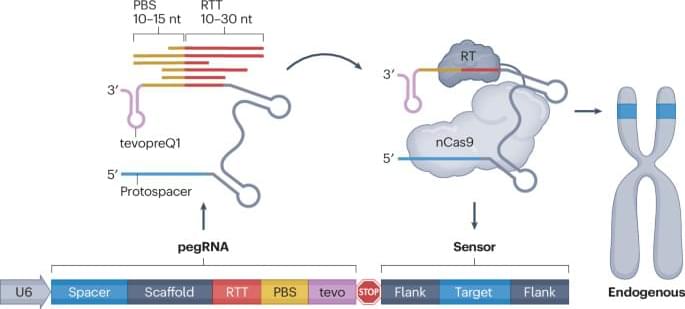THE END OF ACADEMIA?
The pandemic and industrial action has caused massive upheaval in the education system in recent years, and many students feel short-changed.

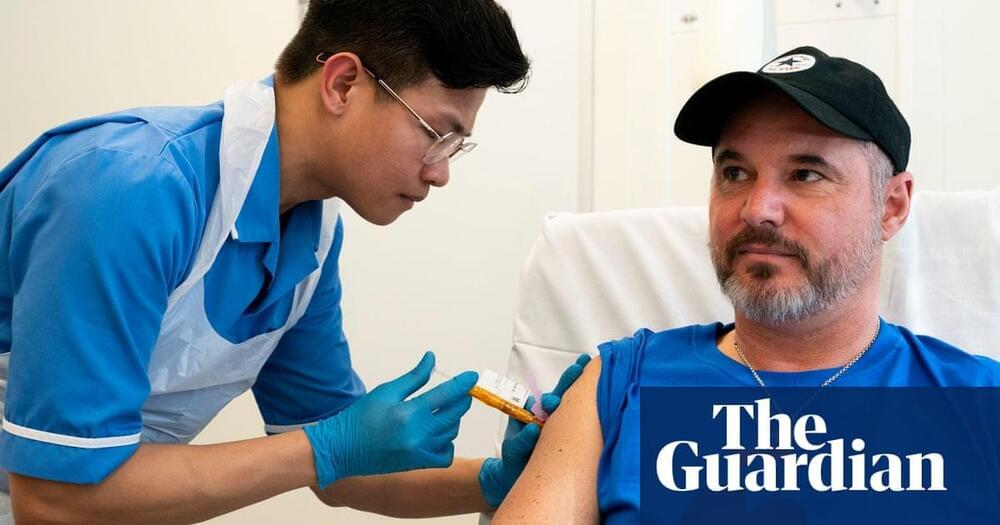
Glioblastomas are an extremely aggressive type of brain tumour, which is why the news this week of a vaccine that has shown promise in fighting them is so exciting. And this comes right off the back of the announcement of another trial of the world’s first personalised mRNA vaccine for melanoma, a kind of skin cancer. Ian Sample talks to Prof Alan Melcher of the Institute of Cancer Research about how these vaccines work and whether they could one day be used to target cancer before it is even detectable on scans.
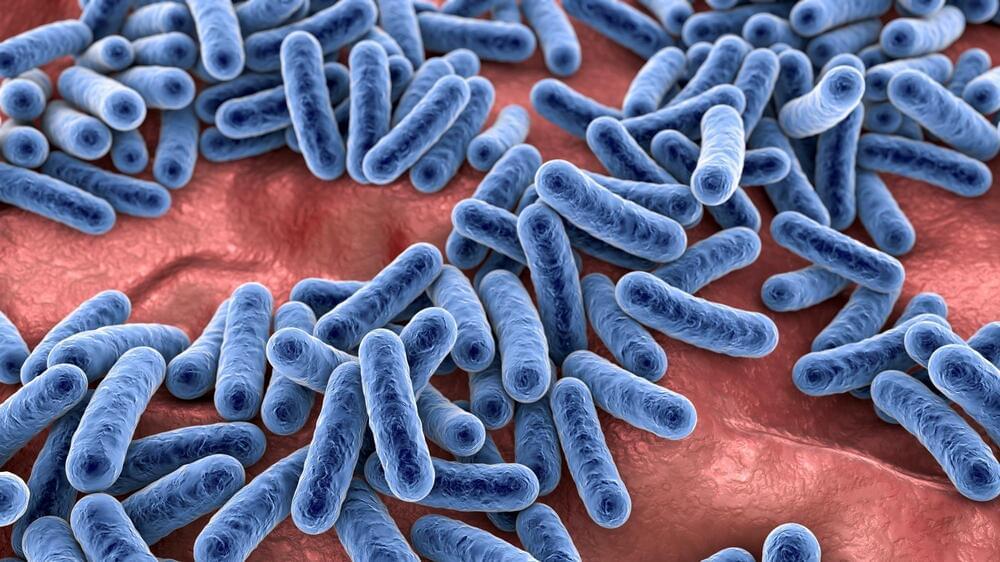
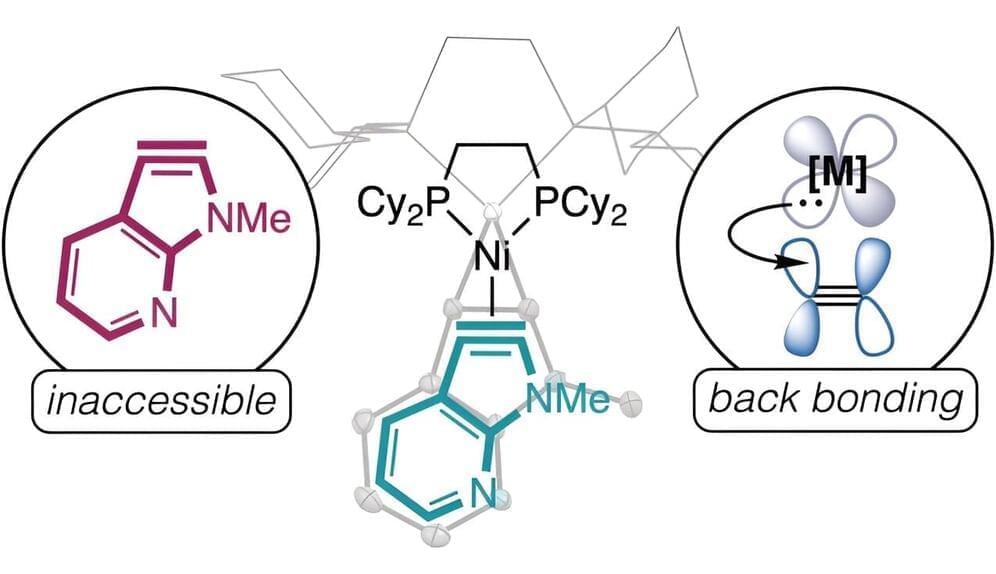
For the first time, chemists in the University of Minnesota Twin Cities College of Science and Engineering have created a highly reactive chemical compound that has eluded scientists for more than 120 years. The discovery could lead to new drug treatments, safer agricultural products, and better electronics. The study is published in Science.
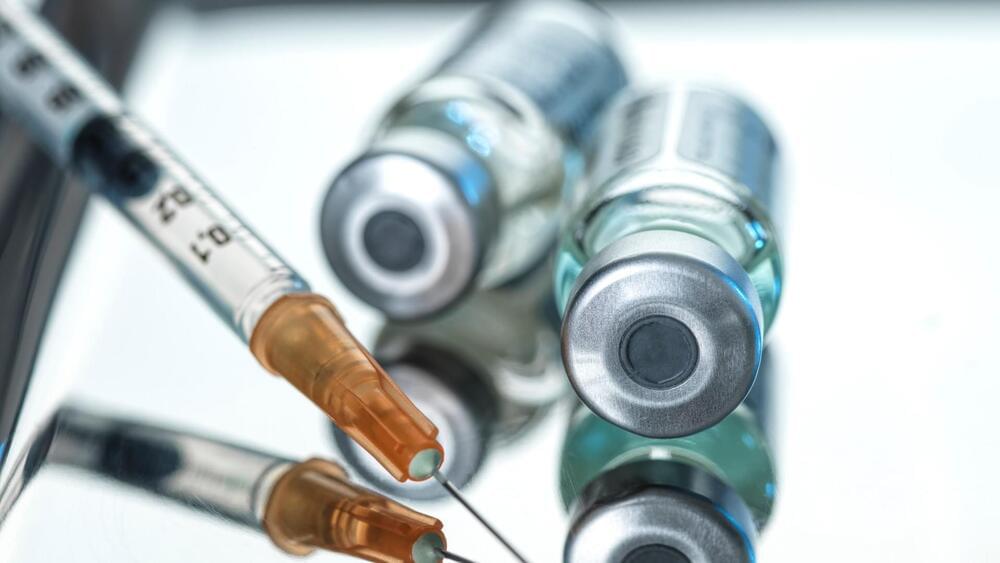
A NEW mRNA cancer vaccine can reprogram the immune system to attack tumours within 48 hours, a study shows.
The first-ever human clinical trial of four adult patients showed the jab helps fight against aggressive and deadly brain tumours.
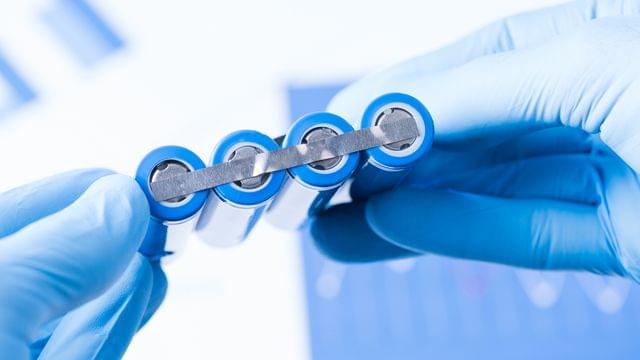
A QUT-led team of international researchers has made a breakthrough in the development of a type of battery that is much safer and cheaper than the batteries currently charging our smart devices.
The research, published in the prestigious Journal of the American Chemical Society, has demonstrated a way of improving the voltage of aqueous zinc-ion batteries, which are a type of rechargeable battery which have a water-based electrolyte.
QUT researchers involved in the study are Professor Ziqi Sun, Associate Professor Dongchen Qi, and Fan Zhang from the School of Chemistry and Physics, Professor Ting Liao and Professor Cheng Yan from the School of Mechanical, Medical and Process Engineering and Dr Aaron Micallef from the Central Analytical Research Facility.
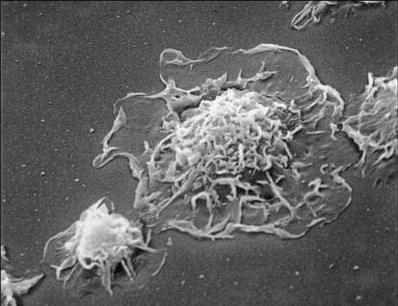

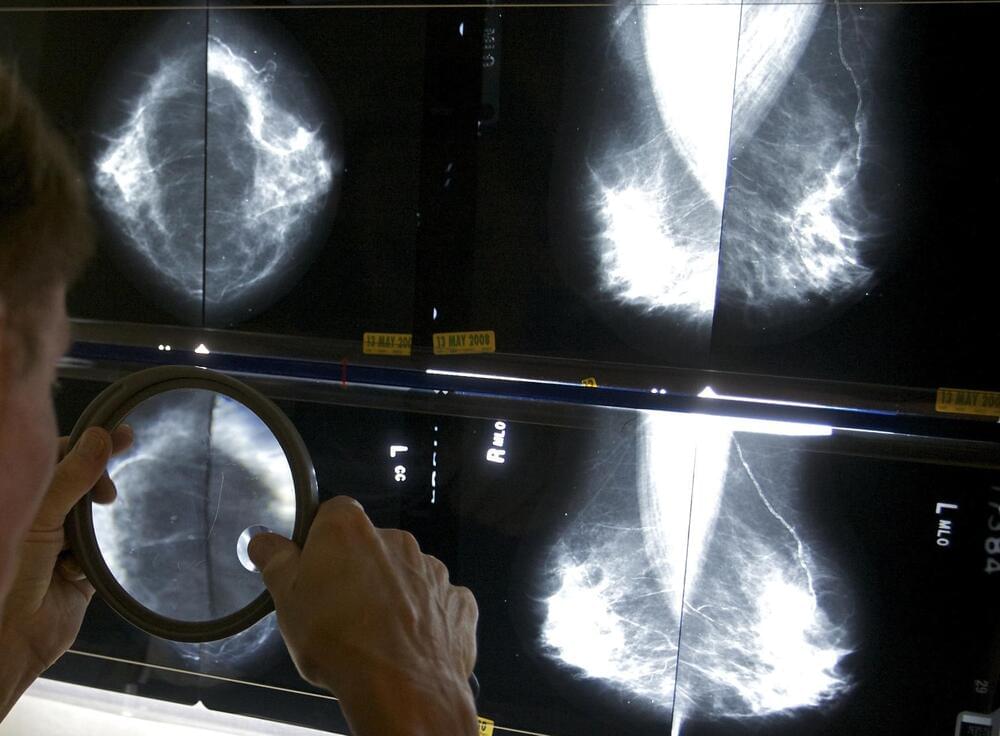
Regular mammograms to screen for breast cancer should start younger, at age 40, according to an influential U.S. task force. Women ages 40 to 74 should get screened every other year, the group said.
Previously, the task force had said women could choose to start breast cancer screening as young as 40, with a stronger recommendation that they get the exams every two years from age 50 through 74.
The announcement Tuesday from the U.S. Preventive Services Task Force makes official a draft recommendation announced last year. The recommendations were published in the Journal of the American Medical Association.
